What is death?
In the Bhagwad Gita, Lord Shri Krishna averred that the human body is nothing but a garment for the atma (soul). In the same vein, death is nothing but the shedding of an old garment by the atma to don a new garment. The new garment or body which the atma dons, the rebirth of the atma is guided by its past karma (actions). What is left behind is nothing. It is merely an old, worn-out body which needs to merge with the pancha tattva or the five elements from whence it was created.
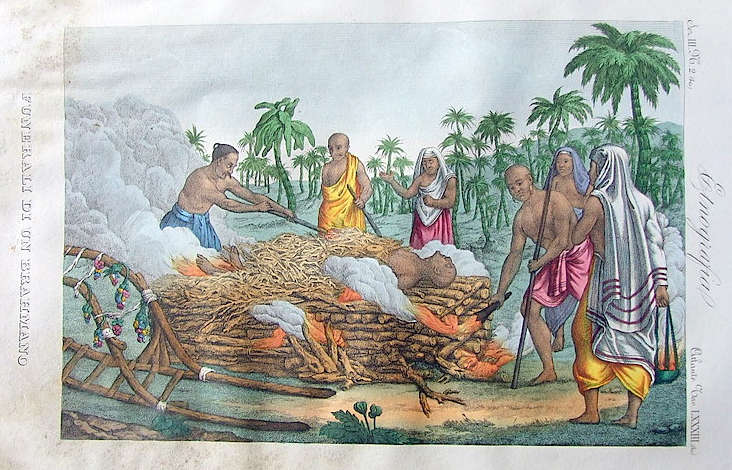
Funeral of a Brahmin
Image Courtesy: Columbia.edu
What lies beyond death?
It is probably true that the atma continues its onward, karmic journey post death till its eventual release (moksha or nirvana). Those who are left behind comprehend this eternal truth but find it difficult to come to terms with it. The mortal remains of a loved one are not mere remains; a world of emotions is attached to them. In the Indian context, the merging of the mortal remains with the elements of nature is also considered as the last sacrament or samskara. Hence, from times immemorial, Indians believe it is both the right and the duty of the progeny to accord a befitting farewell to she or he who has left this world. The children play their role in this last human sacrament by performing the last rites of the deceased with love, with reverence and with appropriate rituals.
What is a befitting farewell?
Archaeological and literary evidence confirm the presence of both cremation and burial in ancient India. The tenth mandala of the Rig Veda (X.15.14) mentions both ancestors – those whose remains were consigned to the fire (अग्निदग्धा) and those whose remains were not consigned to the fire (अनग्निदग्धा). For our purpose at this time, it is sufficient to state that notwithstanding the presence of both customs, the Indian tradition accords primacy to cremation under most circumstances.
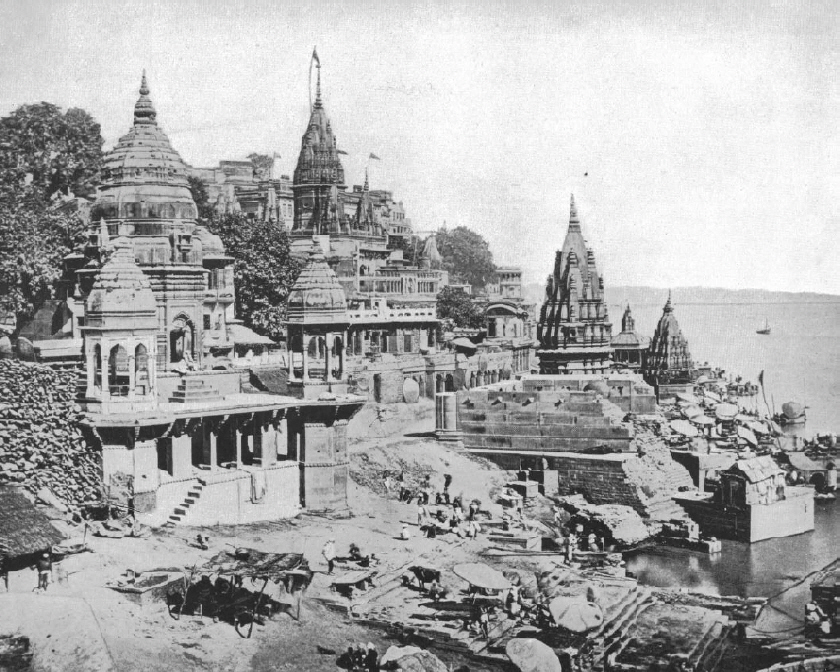
Manikarnika Ghats, Varanasi
Image Courtesy: Columbia.edu
Who should light the funeral pyre?
This is the central question of this note. As per custom, the eldest son of the deceased lights the pyre. If the eldest son is not present for any reason whatsoever, another son, the husband or someone from the family (from the father or husband’s lineage) or the same gotra can perform this duty. The daughter’s son is also accorded this right. In rare cases, the wife or the daughter can also light the funeral pyre.
It is important to note that the right of a daughter to perform the last rites of her parents is spoken of more as an exception than as the norm. One can conjecture that this is one of the reasons why we never stop coveting a son. Our local idioms are replete with references to the birth of a son as the arrival of someone who can finally perform the last rites and ensure a safe passage for the atma or soul. Counter intuitive as it sounds and even though it is against the ethos of Indian thought, this strong desire for a son even incites a handful of individuals to resort to the heinous crime of female foeticide.
The history of India stands testimony to the fact that sanatana dharma (Hinduism as it is popularly referred to) and every other Indic faith have exhibited an infinite capacity to reform from within and to change their rituals with the passage of time.
It is now time for us to ask ourselves – what is the difference between the love of a daughter and son? If the daughter carries the mortal remains of her parents to the cremation ground on her shoulders and lights the pyre with love, with reverence and in a befitting manner – will the onward march of the parents’ atma to better births be impacted negatively? Will the daughter be denied of this right and this duty to show her love for her parents even in the 21st century? Is it not high time to stop making our daughters believe that they may serve as barriers in their parents’ moksha?
The times are changing and changing faster than most of us can comprehend. In the last few years, there have been instances of daughters, wives and sisters performing last rites. The funeral pyre of India’s ex- Prime Minister Shri Atal Bihar Vajpayee was lit by his adopted daughter. The funeral pyre of Sarabjeet Singh (after his mortal remains were brought back from Pakistan) was lit by his sister. I can cite a few more like Sushri Sushma Swararj’s cremation but these examples are not enough. They are but drops in the ocean. We need millions of these drops to form a wave to make an impact.
This change is not only necessary but also inevitable. It is time for us to play an ative role in ushering this change and proving to the world that India has and will always be a spiritual guru. It is time to give our daughters their right to light the funeral pyre.



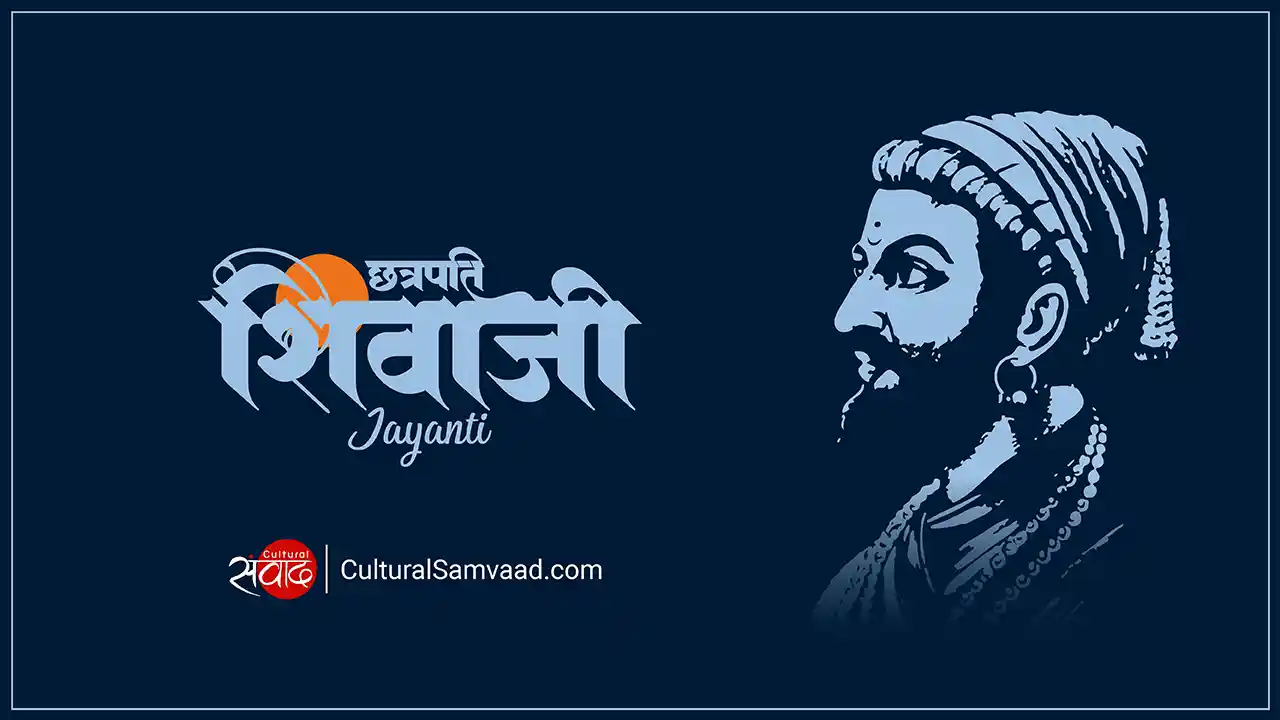
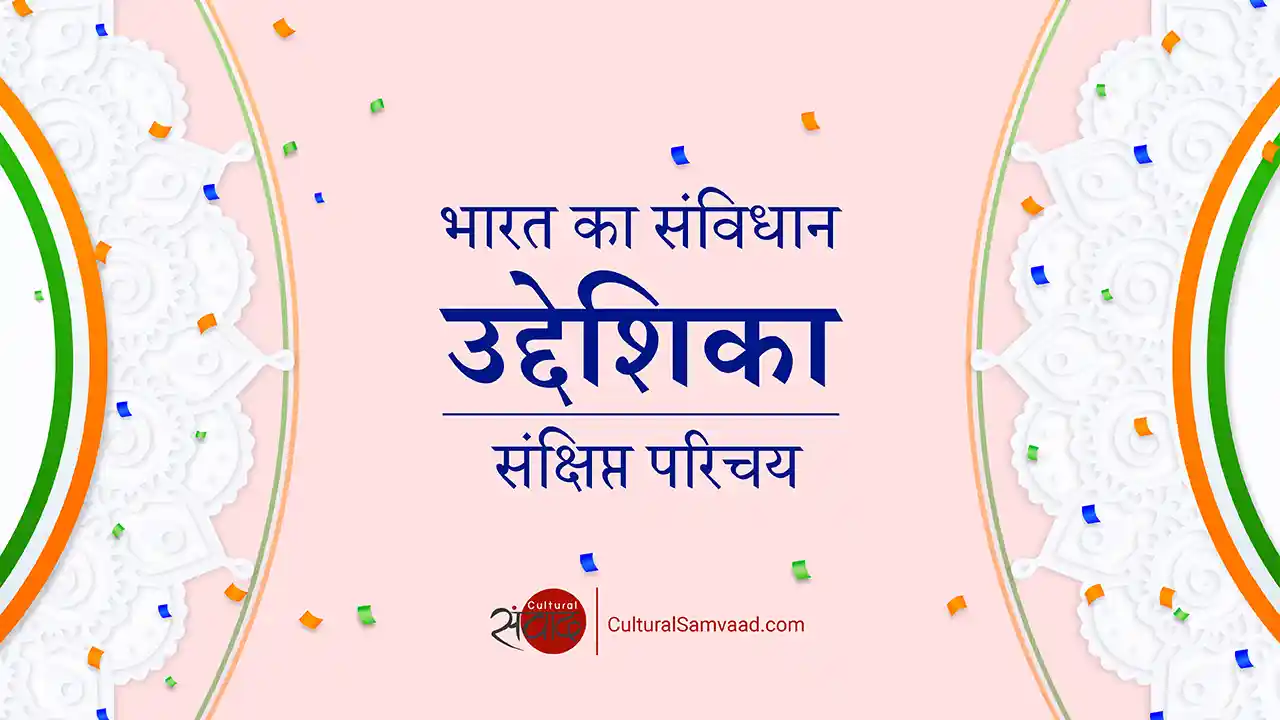
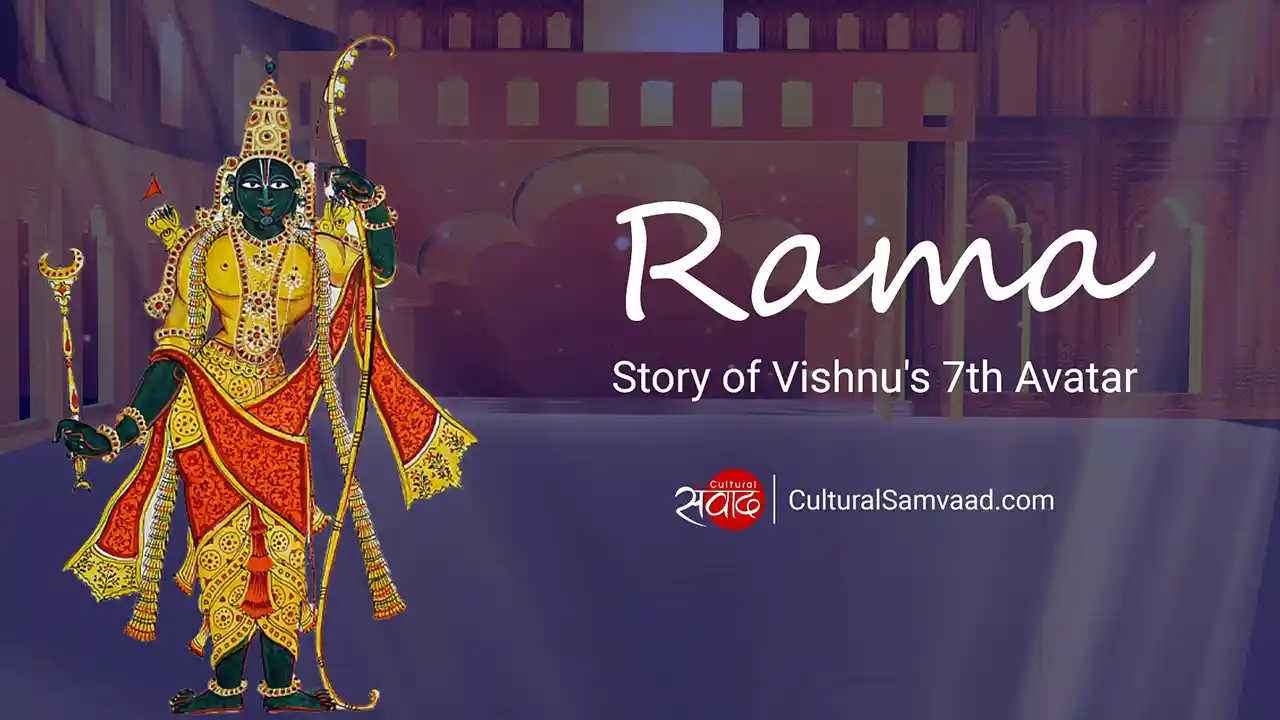
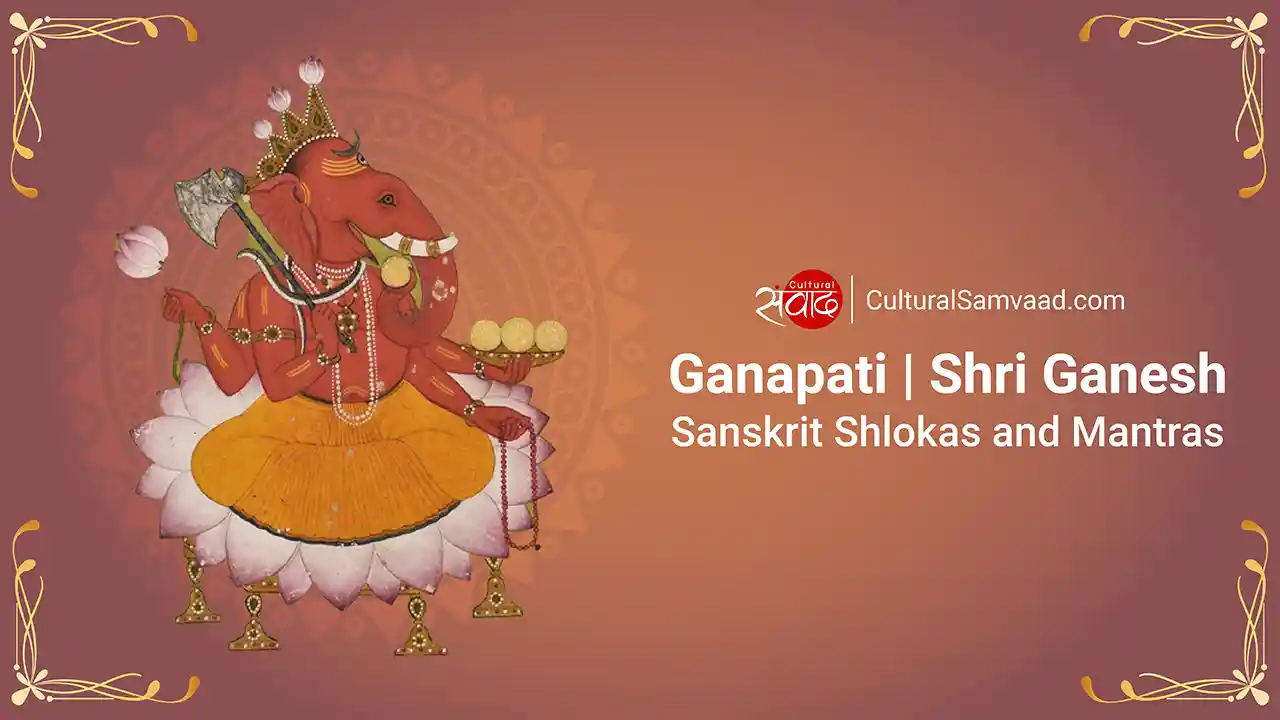
Totally agree. It is high time that this is given wider exposure and awareness raised about it. Political leaders have shown the way and this can be used to help drive more acceptance. Perhaps, our Prime Minister can speak about it in Maan ki Baat.
Thanks for your kind comments Pranjal Kumarji.
Very nicely put. When my grandmother passed away, inspite of me being her favorite grandson who bypassed her sons to light the pyre, I insisted that my Mom and my wife do the job because they were more involved in daily routine with her than any of us males. However, my Mom refrained from entering the cremation ground and my wife, sister and my aunt lit the pyre only after me and my Dad were done. Though a small change, I feel it’s a long way since women themselves refrain from entering the cremation ground, leaving aside the question of lighting the pyre.
Thanks Monish for sharing your experience with us. It is a small but significant change…a journey of a thousand miles begins with a small step…
Regarding the rights of cremation given to sons dies not mean a daughter cannot perform the same of the same gotra. It is not a matter of discriminations between daughters and sons. In Garuda Purana it is categorically stated who can perform the last rights of cremation and when. There are many rituals performed during and after cremation of the dead body. One of them is wearing only one white cloth (dhoti) , half under the loin and half to cover body above loin called उत्तरी . In this stage one should remain almost naked at least for ten days till the performance of दशकर्म । It is against the modesty of a woman or a girl to remain almost naked in the full view of society to perform the last rights of cremation. Second thing in the time of means or period a girl or a woman become impure and cannot perform any rights. Lastly , to my mind, girls or a woman is the finest and the most teder creation of the God made to create , give birth and not to destroy. She is a symbol of creation and development . जिसके गर्भ में मानव शरीर का निर्माण होता है ; जिसके गोद में वह पलता है ; और जिसके छाती से निकले अमृत से वह सिक्त होकर मनुष्यत्व को प्राप्त होता है। How can she should be given task to destroy. So it is the rare of the rarest case that a girl has to perform the last rights; it does not mean that she cannot do it but society of men does not expect her to do it when there is a male member in the family. Indian Girls can perform any task as duty if time compels them to perform . They can even fight holding sword in the battle field and become goddess Durga to kill demons like Mahishasura when all men become defeated , do she can become Kali and Durga. So it is not a case of discriminations but of decency.
Thank you for writing about this Garima. I as a daughter have faced a similar issue of not being able to cremate my dad, when my brother couldn’t reach our hometown on time to perform my dad’s cremation. ( This was during the covid times) The guilt of not bidding a proper farewell to my dad is something I will carry to my grave.
Beti ko bhi mata pita ki antim sanskar vidhi ka hak milna chahia